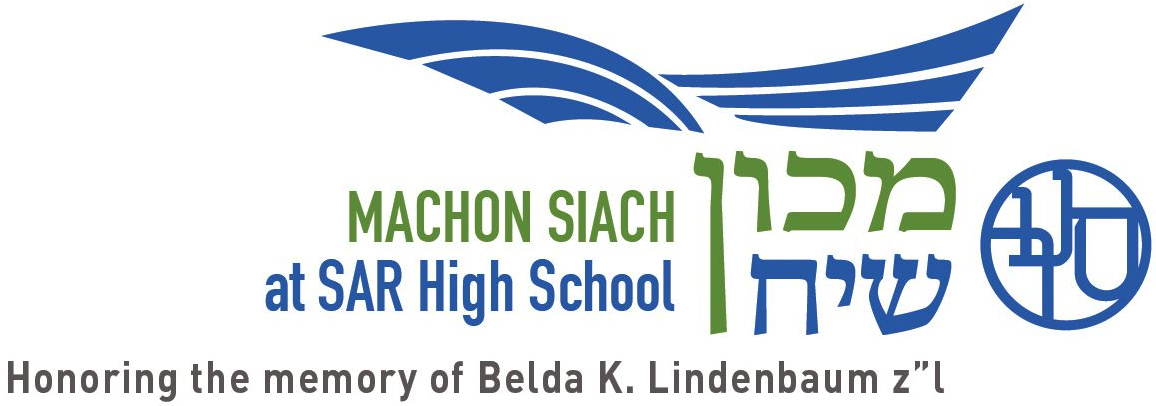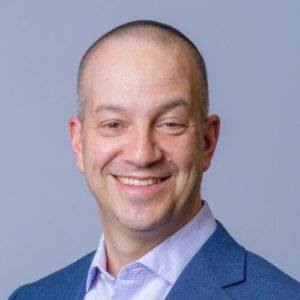
Connecting to God in Times of Crisis
“The spiritual life walks this perilous path – through the howl of evil and emptiness in the world, consciously confronting its terrors and tasks, striving for integrity without denials or evasions.” (Michael Fishbane, Sacred Attunement, p.175).
I think it was Pesach; perhaps the Shabbat before. I woke early and felt a strange calm. No need to rush. I was not going to shul today. At first, a pang of guilt. Then it was gone. And then, another pang of guilt for losing the guilt. That morning, I prayed more deeply than I had in quite a long time. I wondered why. I do like going to shul. But still. And that day, I began a new practice. Each day, I have been studying one chapter of Tehillim slowly, with an English translation, understanding the different, deep, wide ranging emotions in each of the Psalms. Have I found a small way to connect to God in a new way during this global crisis? I hope so.
We are living in a turbulent time, one of significant uncertainty and personal and collective challenge. So many lives have been lost, millions have taken sick, while the healthy struggle economically and psychologically. In our own community, so many have extended themselves, concerned for the welfare of others in so many ways. We have extended ourselves for each other and for our children; local heroes have gone above and beyond, and it is beautiful; and it has been tragic. There is much to pray for; there is what to be proud of. Still, while we continue to daven and say Tehillim, it feels difficult to talk about God. In our classes, in conversations with friends, in our hearts, precisely at this time, we must ask where is God in our lives? How can we best educate our children so that God is central to their – and our – lives at a time like this? Now, perhaps more than ever, we must work to bring God into our lives, into our talk.
If it feels difficult, if we do not know what to say, how to say it, we are not alone. We can draw some comfort in the knowledge that we are in the company of Rabbi Joseph B. Soloveitchik, who expressed that he too struggled with this question. In 1961, the Rav delivered a lecture at the Symposium on Religion and Mental Health at the Hotel Biltmore in New York City, sponsored by the National Institute of Mental Health Project. In that talk, later published under the title “A Halakhic Approach to Suffering,” the Rav attempted to articulate a practical halakhic approach to the question of evil, tragedy, and suffering. As he reflected, he said, “I can state with all candor that I personally have not been too successful in my attempts to spell out this metaphysic in terms meaningful to the distraught individual who floats aimlessly in all-encompassing blackness, like a withered leaf on a dark autumnal night tossed by wind and rain. I tried but failed, I think, miserably, like the friends of Job.” What was “this metaphysic” that the Rav was unable to spell out?
In 1941 at the age of 28, Nobel Prize winner Albert Camus began to write The Plague, published in 1947 and strangely and understandably one of the best selling works of fiction over the past two months. The book tells the story of a plague sweeping the French Algerian city of Oran and is hauntingly reminiscent of our circumstances. The authorities are criticized for being slow to react, people have a difficult time accepting that this virus is going to take over their lives. And the religious question is raised as well. Father Paneloux is the character that represents institutionalized religion in the novel. In his first sermon to the people, he declares, “Calamity has come on you, my brethren, and, my brethren, you deserved it”. He continues,
“The first time this scourge appears in history, it was wielded to strike down the enemies of God. Pharaoh set himself up against the divine will, and the plague beat him to his knees. Thus from the dawn of recorded history the scourge of God has humbled the proud of heart and laid low those who hardened themselves against Him. Ponder this well, my friends, and fall on your knees.”
Dr. Rieux, representing science, accuses the priest of thinking that he can speak about a grandiose “truth with a capital T” because he has never looked death in the eyes. In the novel, the religious position denies that evil exists. The scientist is realist, atheist, and understands the harsh truths of the world.
In a recent essay in Tablet Magazine, Shaul Magid challenges the modern observant community in exactly this way. Some “criticize the Haredi community’s lack of expediency in closing yeshivot, enacting social distancing, and heeding medical advice…A certain cynical attitude underlies some of these accusations, as if to suggest that Haredi Jews have somehow misinterpreted or misunderstood normative Judaism in ways that resulted in endangering their communities.” But, writes Magid, we cannot deny that the idea of “covenantal reciprocity,” that God’s commands, our responses to those commands, God’s reactions to those responses, all comprise the Biblical “operating system” of Jewish life. That is the traditional religious position. And so, Magid turns the tables. He challenges the modern observant community to explain itself. In Camus’ terms, if we do not accept the view of Father Paneloux, are we not, then, choosing science over God?
In his 1961 lecture, the Rav distinguished between a “metaphysics of evil” and an “ethics of evil,” both of which, he said, are manifest in Jewish thought. The metaphysics of evil attempts to answer the ‘why’ question. Why would God cause something like this to happen? Why does one person survive while another does not? Many answers have been proposed to this question of ‘why.’ These answers, he says, attempt to deny the reality of evil. If we only had God’s perspective, infinite knowledge, understanding of the world to come, we would understand that all is just, albeit a justice that we cannot comprehend, one that transcends the physical world within which we live. This is the metaphysical view that the Rav felt unable to communicate faithfully during times of crisis.
But Yahadut also has an “ethics of evil.” This Jewish “ethics of evil” does not ask “why did this happen.” It does not seek to explain – or explain away – evil. Evil exists. Disaster strikes. We must know this to be true. And as a frail mortal, we cannot explain it. And perhaps Jewish life is not ultimately about explaining it. Instead, Judaism asks, “what must I do?” In times of crisis, rather than explain why things happen, it seeks to teach how we must respond: with courage, with kindness, with caring, with determination, and with hope. As the Rav explained in Kol Dodi Dofek, it was this ethics of evil that gave the Jewish people the strength and vision to establish the State of Israel out of the ashes of the Shoah.
There is Godliness and sanctity in combating destruction, whatever form it takes. This teaching of Rabbi Soloveitchik is life affirming. It is, to me, life altering. I am awestruck by the Rav’s courage in articulating these distinct perspectives. Both the “metaphysics of evil” and the “ethics of evil” are Jewish ideas. But they are two very distinct paths indeed. And the Rav chose the latter.
But for me, there is one more step. I find myself searching for God in that ethics. It is so important – most important – to help, to act. But how do I experience God in that moment of pandemic, in that moment of natural evil?
To experience God is to experience the Infinite. And I think I have felt it. “The seekers of God must forever unsay the natural world of language and thought, in an effort to raise their spiritual consciousness beyond the terms and textures of ordinary mindfulness,” writes Michael Fishbane. (ibid, pp. 164-165) Throughout our lives, we insulate ourselves with words and tasks and thoughts and functions – and only rarely, often in moments of great joy or great sorrow, we see past (we unsay) all those things of the everyday and realize that there is something Infinite, bigger than we are, beyond our understanding, that we must attune to, to take notice of, to appreciate. To experience that is to experience the Divine.
We have been surrounded by so much that is bad. And therein lies an obligation, a Jewish obligation; a responsibility to look at our world anew, to do teshuva, to reevaluate our lives, to renew our commitments, to find sanctity in all things. And so, in the midst of that, I have reconnected with my children in a new way. I have prayed – alone – in a new way. I have appreciated my health in a new way. I have experienced Shabbat in a new way. I have seen friendship in a new way. I have set eyes on the tree in my yard in a new way. I have experienced God in a new way.



